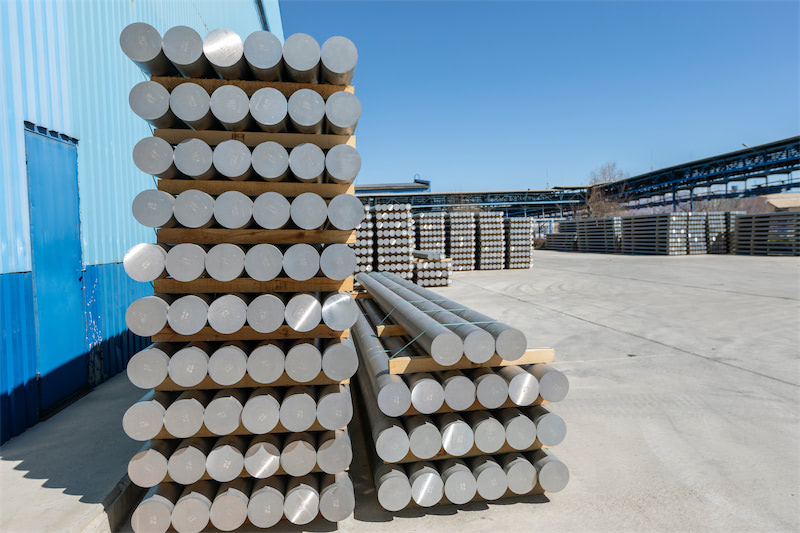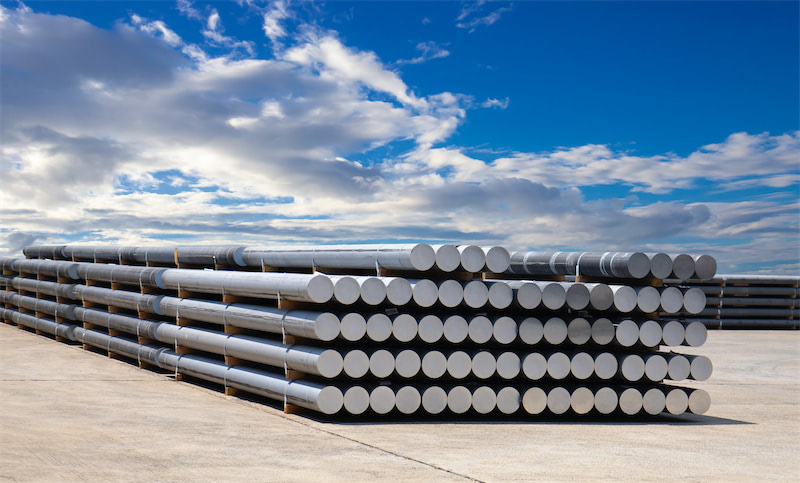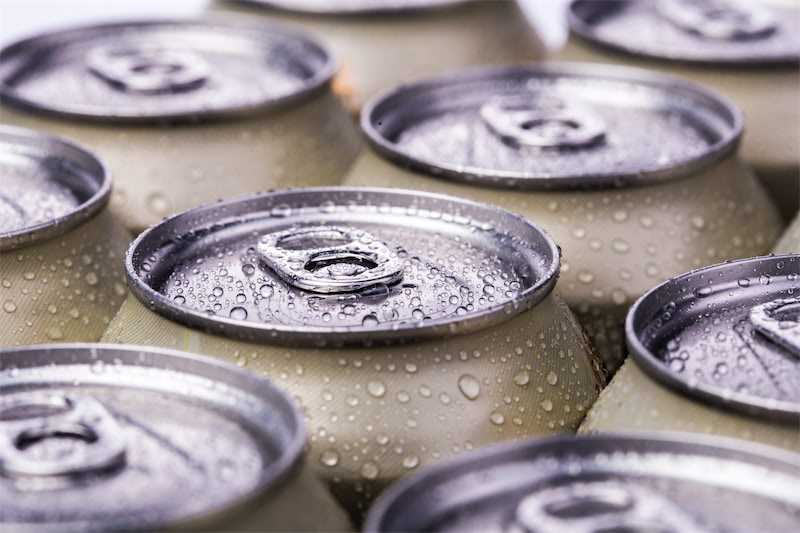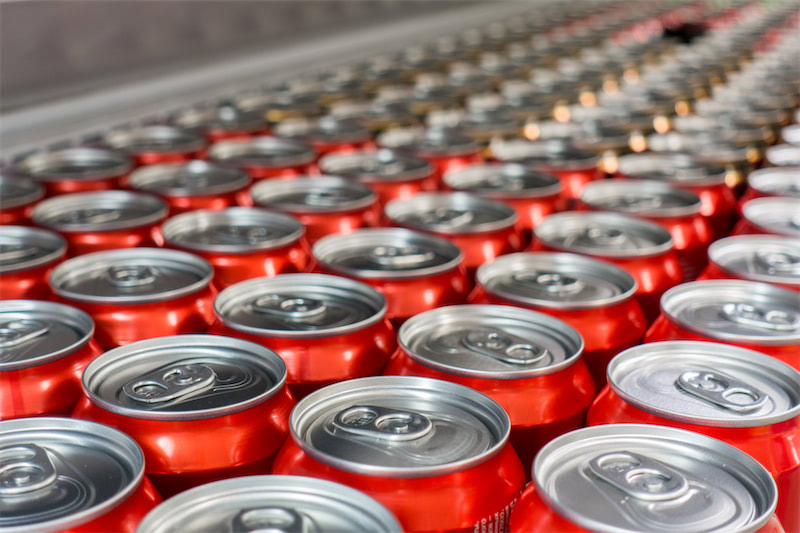[please check] SMM South China Nonferrous Metals Industry Annual meeting change notice
With the growing popularity of electric vehicles, industry giants are also stepping up the development of a new generation of battery technology in an attempt to take the lead in the upcoming energy revolution, such as the release of a sodium battery in the Ningde era earlier this year. Recently, Saturnose, an Asian battery research and development company, joined the competition with the world's first aluminum battery.
The project was initially funded by Saudi Arabia's Dana Venture Fund and has been in "secret" development for nearly five years. It is reported that Saturnose plans to publicly release its independent test of the chemical composition of its enhanced altered aluminum ion (Enhanced Altered Aluminum Ion,) battery, and plans to launch a solid-state rechargeable aluminum battery.
It is said that Saturnose plans to put it into production in 2022, when it will become the world's first commercial aluminum-ion solid-state battery, and then gradually replace the riskier lithium-ion batteries.
The energy density and life span have been greatly increased.
It is understood that the energy density of aluminum ion battery can reach more than 1500 watt-hour (Wh) per liter, which means that every kilogram of aluminum ion battery can provide at least 600Wh energy. Saturnose claims that a set of 15kW's solid-state aluminum ion batteries will weigh up to 565kg, provide a range of 1200 kilometers for electric vehicles, and last at least 20000 charge-discharge cycles.

In contrast, the energy density of lithium-ion battery is between 150-350Wh/kg, and the peak value is much lower than that of aluminum-ion battery. If the aluminum ion battery can be commercially available, the battery life can be at least tripled.
On the other hand, it can provide up to 20000 charge-discharge cycles, which can stabilize the service life of electric vehicles at about 15 years. In contrast, lithium-ion batteries can achieve up to 5000 charge-discharge cycles. The company says the new chemical is at least three times the charge and discharge cycle of the best lithium-ion batteries.

Therefore, from the point of view of energy density and service life, the performance-to-price ratio of aluminum-ion battery has far exceeded that of lithium-ion battery.
High security and low cost
Saturnose also stated that the production of aluminum ion solid-state batteries does not require the use of both nickel and cobalt resources, and that the process behind the Ea ²I chemical patent uses hybrid nanotechnology to develop its fast charging electrodes and electrolytes. The cathode is a disordered and high-energy rock salt structure, the electrolyte is solid, and other internal materials are aluminum and niobium.
Therefore, this kind of battery will not have thermal runaway and dendritic problems like lithium ion, so it is safer. In addition, the material cost and preparation technology of aluminum-ion solid-state batteries are half cheaper than lithium-ion batteries.
It is said that its prototype is currently being tested. Saturnose also plans to embed its current system to be compatible with its next phase, which includes merging battery and electronic systems into a single console. The potential of aluminum ion batteries has been repeatedly confirmed, but has not yet been commercially tested.
Given that the commercialization of the technology is supported by the Indian government, Saturnose plans to build a battery factory in India in return for the country's deep academic and development resources in battery chemistry. It also plans to establish its own technology center at its main battery research center, the Indian Institute of Technology in Delhi, and to cooperate with the Fraunhofer High performance Materials Technology Center in Germany ((THM Fraunhofer)).




